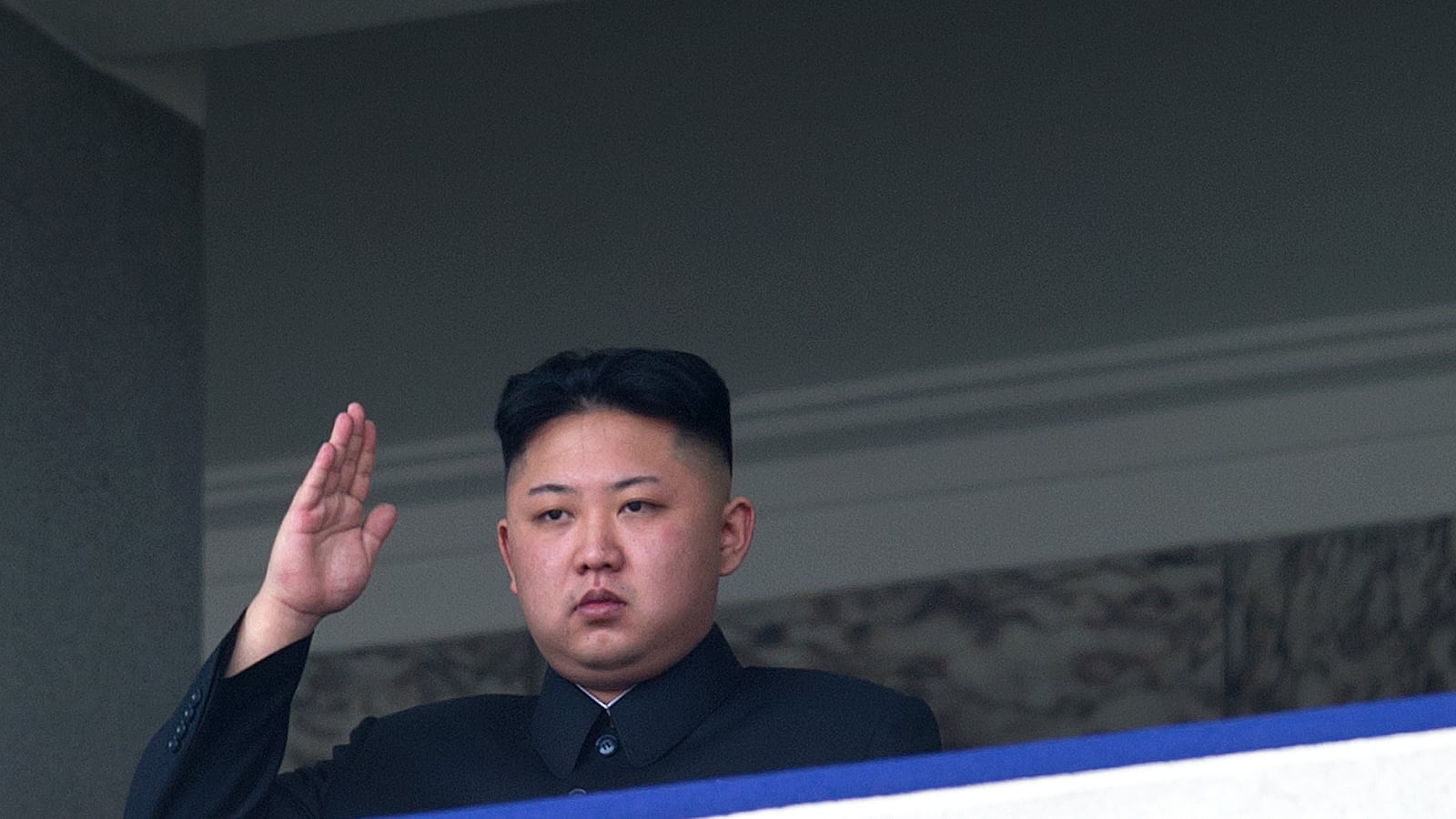Crisis, pause, crisis, pause: this has been the tempo of North Korean behavior since the end of the Cold War. Now it's crisis time again. Nuclear threats from the North. The U.S., South Korea, and Japan mobilize forces. Eyeballs bulge. The North has second thoughts. The whole thing subsides.
The United States and North Korea came to the brink of war in 1989 and again in 1994. The 1994 agreement put the United States in the odd position of actually supporting North Korea's acquisition of nuclear reactors for energy purposes.
It was the Bush administration's unhappiness with the 1994 agreement that led to the tough talk of the 2002 "axis of evil" speech. Back then, of course, it was considered ridiculous to suggest that North Korea might be cooperating with Iran and Syria. Now of course the whole world knows what President Bush knew then: North Korea provided the Syrian reactor destroyed by Israel in 2007. North Korea and Iran exchange weapons know-how. Iranian scientists were likely present at the most recent North Korean nuclear test, the culmination of a dozen-plus years of bomb and missile technology.
The quandary that Bush then faced in secret is visible now to the whole world, and only becoming harder to solve.
North Korea is an economic wreck and a technological backwater. When the U.S. Treasury Department succeeded in freezing North Korea's main international trade bank account, it caught only $25 million, a fraction of what a top Russian oligarch would spend on a single yacht.
But there's one thing that North Korea can produce in abundance: trouble. And today, it is back in business.
Nobody though should lose sight of these two truths about North Korea. For all its threats to rain fire from the sky, North Korea is a regime with a limited future. In the words of veteran North Korean observer Nick Eberstadt, the state
appears to be functioning on a sort of “life-support” basis by tactically negotiating provisional extensions for its lease on life. Given the nature of the North Korean state, those negotiations are highly circumscribed. A more extensive commercial interaction with South Korea, for example, might help resuscitate the North Korean economy, but DPRK leaders, apparently fearing that such contacts might destabilize their system, have backed away from that option. Far-reaching economic reforms have been foresworn for apparently the same reason.
The second truth to keep in mind: North Korea survives only because of Chinese subsidy and protection. As the Council on Foreign Relations explains:
By some estimates, China provides 80 percent of North Korea’s consumer goods and 45 percent of its food. North Korea’s economic dependence on China continues to grow, as indicated by the significant trade imbalance between the two countries. Snyder notes that in 2008, Chinese imports amounted to $2.03 billion, while exports to China including coal and iron ore totaled $750 million. Some experts see the $1.25 billion trade deficit as an indirect Chinese subsidy, given that North Korea cannot finance its trade deficit through borrowing.
China also provides aid directly to Pyongyang.
The crisis we face now is financed by the same people from whom you buy your Christmas toys. And the right pressure point on North Korea is not found on the Korean peninsula at all. It is found among our so-called strategic partners in Beijing. Americans have been hoping since the late 1980s that China would help. This week, we're all still hoping.






